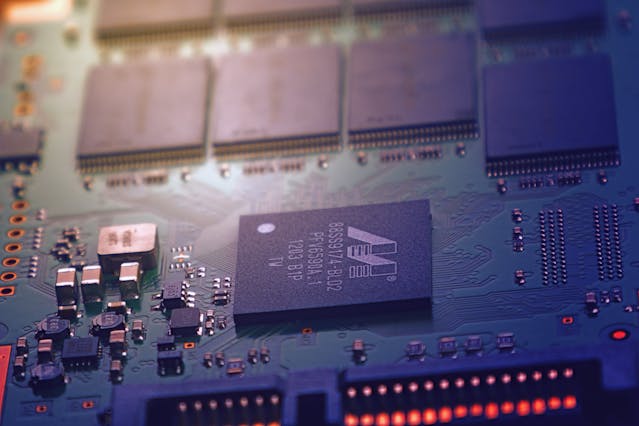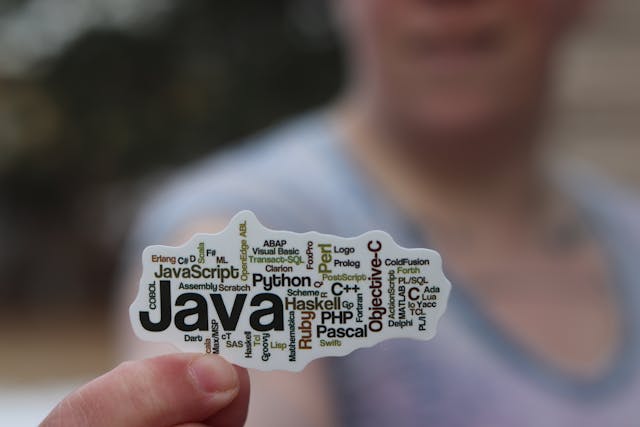Adding Departments to your New Company
Breaking companies down into departments is always the best way to make sure that they are easier to manage, but you still need the right tools and skills to back that change up. A department is not just a smaller company – it is a functional piece of the greater whole and needs to be treated as such.
But how are you supposed to break down a whole company into different departments? Sometimes the obvious answers only take shape once you understand how a department organization can work.
Table of Contents
Administration
An administration department is usually the overarching power behind the rest of the departments: the department where all of the decisions are made and all of the instructions are given out. As the top part of the pyramid, it is important not to bloat this section too much.
Most companies will also have a separate HR department for dealing with human resources issues. This is a practical choice – you do not want admin heads having to deal with payroll processing issues or mismatched paystubs creator.
Finance
Finance is all about the company’s accounts and funds. Sometimes this entire department can actually just be a single accountant. Still, in other cases, it is an entire wing of a building dedicated to managing the income and expenses of the entire business. Either way, proper structure is important.
Accounting is an obvious department to set up since actual accounting work can be very different from financial management. This means things like looking at the company’s own books and accounts for the purposes of taxes and legal fees, rather than just overall profits.
Specialized departments can also be formed, like a treasury team that helps distribute money to other offices or groups outside of the office. They might take charge of the expenses and budget for an overseas business trip or the scouting and construction of a new office.
Production
Production is all about creating products and services, from physical goods to digital code. This is usually the heart of any business, but the exact definition of production will vary wildly between industries and companies.
While it might sound like an accounting role, a purchasing department is also common. Those purchasing raw materials and other goods that might be needed for full production to start and are often necessary for companies that need a constant stream of varied materials coming in.
Marketing
Marketing departments, also known as commercial departments, are one of the most important in modern business. Marketing and advertising can be extremely important, and this does not just mean creating ads: things like customer service and sales also fall under this umbrella.
If you are selling your customers something, then you want them to find out about it today – not tomorrow, or the day after, or in a week’s time. This means that having a good, structured commercial department makes a huge difference.
Sales, marketing, customer service, and even website maintenance can all be part of this heading. Whether you sell payroll software and paystub generator tools or a large, physical product, you want to appeal to the right people in the right ways.









